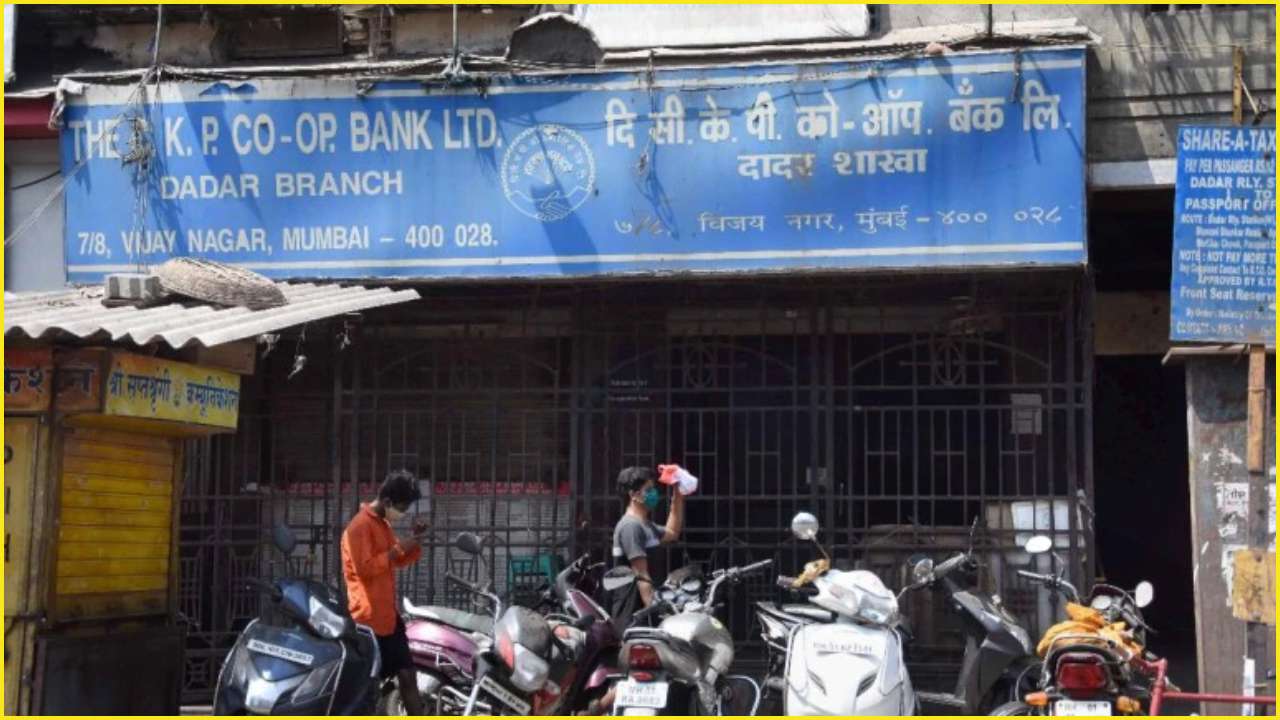The Reserve Bank of India on Saturday cancelled the licence of the CKP Co-operative Bank in Mumbai with effect from the close of business on April 30. Following this, the Mumbai-based bank will not be able to conduct the business of 'banking' which includes acceptance of deposits and repayment of deposits.
According to a press release by the RBI, the decision was taken as the financial position of the CKP Co-operative Bank was found 'highly adverse and unsustainable', among other reasons. The bank also did not have a concrete merger or revival plan in store, according to RBI.
To this purpose, the RBI has also informed the Registrar of Co-operative Societies in Pune to issue an order for the winding-up of affairs of the CKP Co-operative Bank.
Clarifying queries on the post-liquidation procedures, the RBI has said that every depositor of the bank is entitled to repayment of their deposits up to a monetary ceiling of Rs 5 lakh.
The RBI release elaborates on the reason behind cancelling the licence of the bank and commencing the liquidation procedures:
- The financial position of the bank is highly adverse and unsustainable. There is no concrete revival plan or proposal for a merger with another bank. Credible commitment towards revival from the management is not visible.
- The bank is not satisfying the requirement of minimum capital and reserves as prescribed in Section 11 (1) read with Section 56 of the Act and capital adequacy and earning prospects as stipulated in Section 22(3)(d) of the Act and also stipulated minimum regulatory capital requirement of 9%.
- The bank is not in a position to pay its present and future depositors, thereby not complying with Section 22(3) (a) read with Section 56 of the Act.
- The affairs of the bank were and are being conducted in a manner detrimental to the public interest and interest of the depositors and that the general character of the management of the bank is prejudicial to the interest of depositors as also the public interest. Thus, the bank has not been complying with provisions of Section 22 (3)(b) and (c) of the Act.
- The bank’s efforts for revival have been far from adequate though the bank has been given ample time and opportunity and dispensations. No merger proposal has been received in respect of the bank. Thus, in all likelihood, the public interest would be adversely affected if the bank were allowed to carry on its business any further.
- No useful purpose would be served by allowing the bank to continue as envisaged in Section 22(3)(e) of the Act. Rather, Public interest would be adversely affected if the bank is allowed to carry on its banking business any further.
The complete order can be read here.
